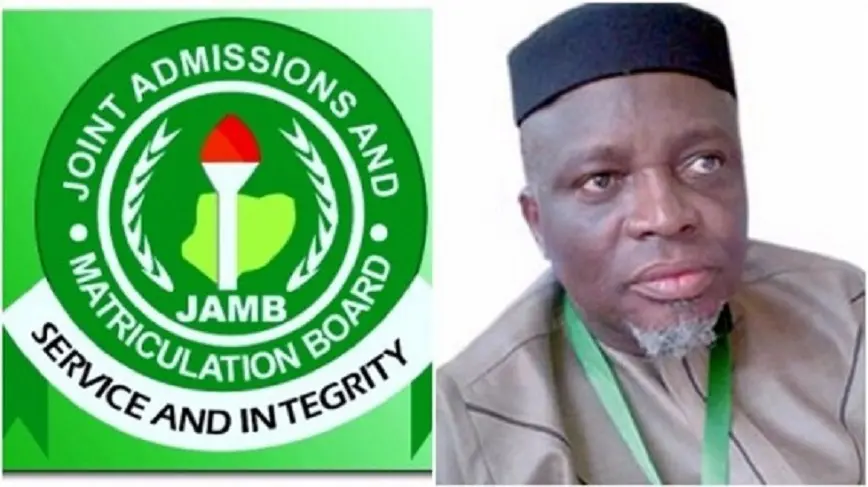The Joint Admissions and Matriculation Board (JAMB) has come under scrutiny from the National Assembly Joint Committee on Finance for its 2024 expenditure, which includes N1.1 billion spent on meals and refreshments and N850 million on security, cleaning, and fumigation.
The revelations were made by JAMB Registrar, Prof. Is-haq Oloyede, while defending the agency’s 2025 budget proposal before the committee.
Committee Criticizes JAMB’s Spending
During the budget defense, Senator Adams Oshiomhole questioned the rationale behind such significant expenditures, particularly for fumigation and meals.
“You spent N1.1 billion on meals and refreshments. Are you being freely fed by the government? What this means is that you are spending the money you generate from poor students, many of them orphans,” Oshiomhole said.
On the N850 million allocated for security, cleaning, and fumigation, he asked pointedly:
“What did you fumigate? Is it mosquitoes that took all this money?”
The committee also raised concerns about JAMB’s N600 million expenditure on local travel and the N6.5 billion allocated for local training, demanding further justification for these expenses.
Funding Debate Sparks Questions
The discussion also highlighted discrepancies in JAMB’s funding structure. Oloyede disclosed that JAMB remitted N4 billion to the Consolidated Revenue Fund in 2024 and received a N6 billion grant from the Nigerian government.
This raised questions from Abiodun Faleke, Chairman of the House Committee on Finance, who asked:
“You remitted N4 billion and got N6 billion from the Federal Government. Why not keep the N4 billion and we stop the government from funding JAMB?”
The committee expressed dissatisfaction that a self-funding agency like JAMB, which generates revenue from exam fees, still relies on government funding, especially given the high expenditure on non-essential items.
Defense by the JAMB Registrar
Responding to the concerns, Prof. Oloyede explained that JAMB’s expenditures were aligned with its operational needs, including the costs of running its examination centers nationwide. However, the National Assembly insisted on a more detailed breakdown of the agency’s spending to justify such high allocations.
Public Reaction and Accountability
The disclosures have sparked public debate about the financial management of JAMB, with many calling for greater transparency and accountability. Critics argue that the high costs of meals, fumigation, and other operational expenses are excessive, especially for an agency that generates significant revenue from student fees.
The National Assembly is expected to conduct further reviews of JAMB’s budget proposal and spending patterns to ensure that public funds and internally generated revenue are used judiciously.
Conclusion
The budget defense session has reignited conversations about the financial practices of government agencies in Nigeria. As JAMB prepares for the 2025 Unified Tertiary Matriculation Examination, the agency faces increasing pressure to justify its expenditures and align its budget with national priorities. The scrutiny highlights the need for efficiency, transparency, and accountability in public institutions.

